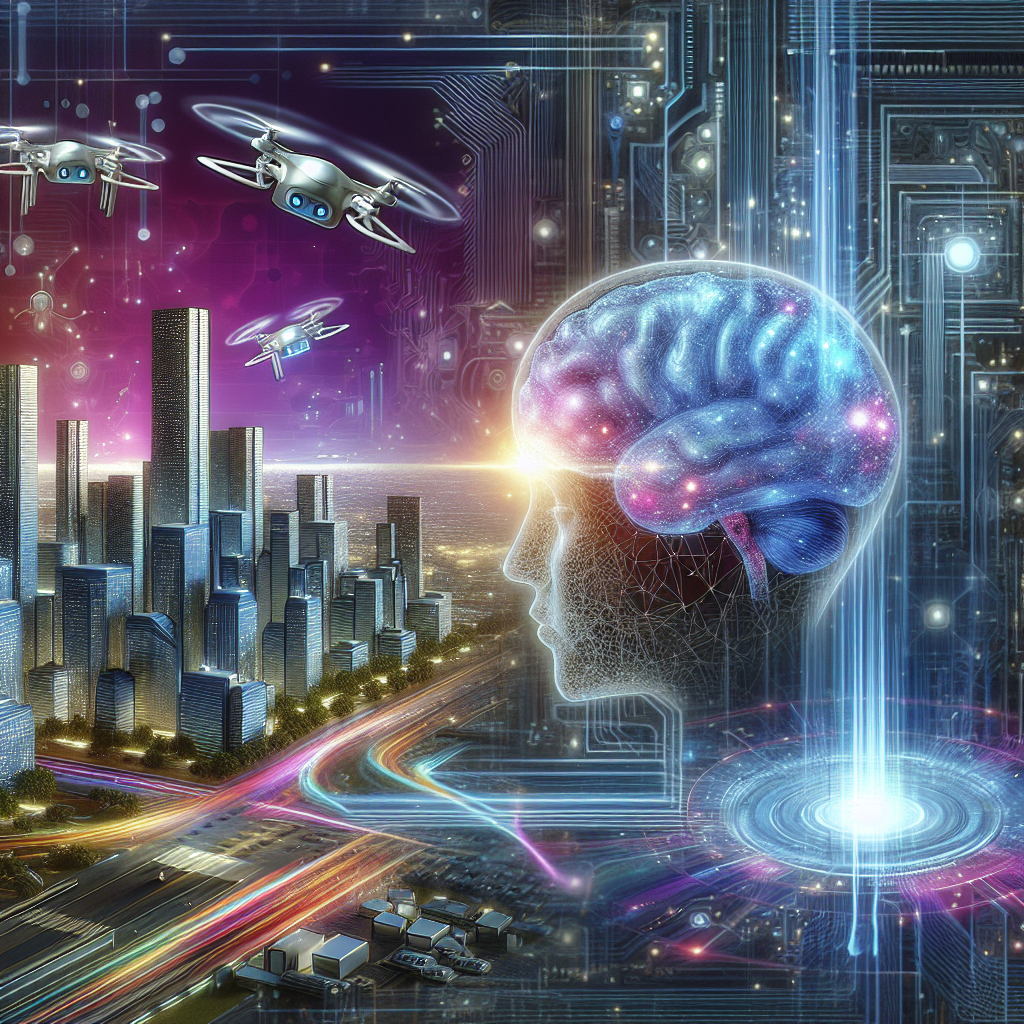Experts Weigh In: Predictions for the Future of AGI
Artificial General Intelligence (AGI) has been a topic of much discussion and speculation in recent years. AGI refers to a form of artificial intelligence that possesses the ability to understand, learn, and apply knowledge in a manner similar to human intelligence. While we have made significant advancements in AI technology, achieving AGI remains a complex and challenging endeavor.
Many experts in the field of artificial intelligence have shared their thoughts and predictions on the future of AGI. In this article, we will explore some of these predictions and discuss the potential implications of achieving AGI.
Predictions for the Future of AGI
1. Tim Urban, author of Wait But Why, predicts that AGI will surpass human intelligence by the year 2045. He believes that once AGI is achieved, it will rapidly evolve into a superintelligence that far exceeds human capabilities in all areas.
2. Ray Kurzweil, a futurist and director of engineering at Google, has famously predicted that AGI will be achieved by 2029. He believes that once AGI is achieved, it will lead to a technological singularity, wherein AI surpasses human intelligence and fundamentally transforms society.
3. Nick Bostrom, a philosopher and author of Superintelligence: Paths, Dangers, Strategies, has warned about the potential risks associated with AGI. He believes that achieving AGI could lead to unintended consequences, such as the emergence of a superintelligent AI that poses a threat to humanity.
4. Stuart Russell, a professor of computer science at the University of California, Berkeley, has proposed a new approach to AI design that prioritizes the alignment of AI goals with human values. He believes that achieving AGI will require careful consideration of ethical and safety concerns.
5. Elon Musk, CEO of Tesla and SpaceX, has expressed concerns about the potential dangers of AGI. He has called for greater regulation and oversight of AI development to ensure that AGI is used responsibly and ethically.
Implications of Achieving AGI
The potential implications of achieving AGI are vast and far-reaching. Some experts believe that AGI could revolutionize society in ways we can’t even imagine, while others warn of the dangers of unleashing a superintelligent AI that could pose a threat to humanity.
One potential implication of AGI is the automation of jobs. As AI technology continues to advance, there is a growing concern that AGI could lead to widespread unemployment as machines take over tasks traditionally performed by humans. This could have a significant impact on the economy and society as a whole.
Another potential implication of AGI is the emergence of superintelligent AI that surpasses human capabilities in all areas. This could lead to a new era of technological progress and innovation, but it also raises ethical and safety concerns. If AGI is not properly aligned with human values, it could pose a threat to humanity.
FAQs
Q: What is the difference between AGI and narrow AI?
A: AGI refers to artificial intelligence that possesses the ability to understand, learn, and apply knowledge in a manner similar to human intelligence. Narrow AI, on the other hand, refers to AI that is designed to perform specific tasks or functions, such as speech recognition or image classification.
Q: How close are we to achieving AGI?
A: While significant advancements have been made in AI technology, achieving AGI remains a complex and challenging endeavor. Some experts believe that AGI could be achieved within the next few decades, while others are more skeptical of the timeline.
Q: What are the potential risks of achieving AGI?
A: Some experts warn that achieving AGI could lead to unintended consequences, such as the emergence of a superintelligent AI that poses a threat to humanity. It is important to carefully consider ethical and safety concerns as we continue to advance AI technology.
In conclusion, the future of AGI holds both promise and peril. While achieving AGI could lead to unprecedented technological progress and innovation, it also raises ethical and safety concerns that must be addressed. By carefully considering the implications of AGI and working towards responsible AI development, we can ensure that AGI benefits society in a positive and meaningful way.

